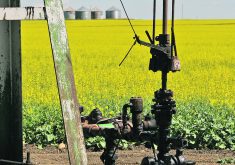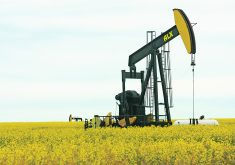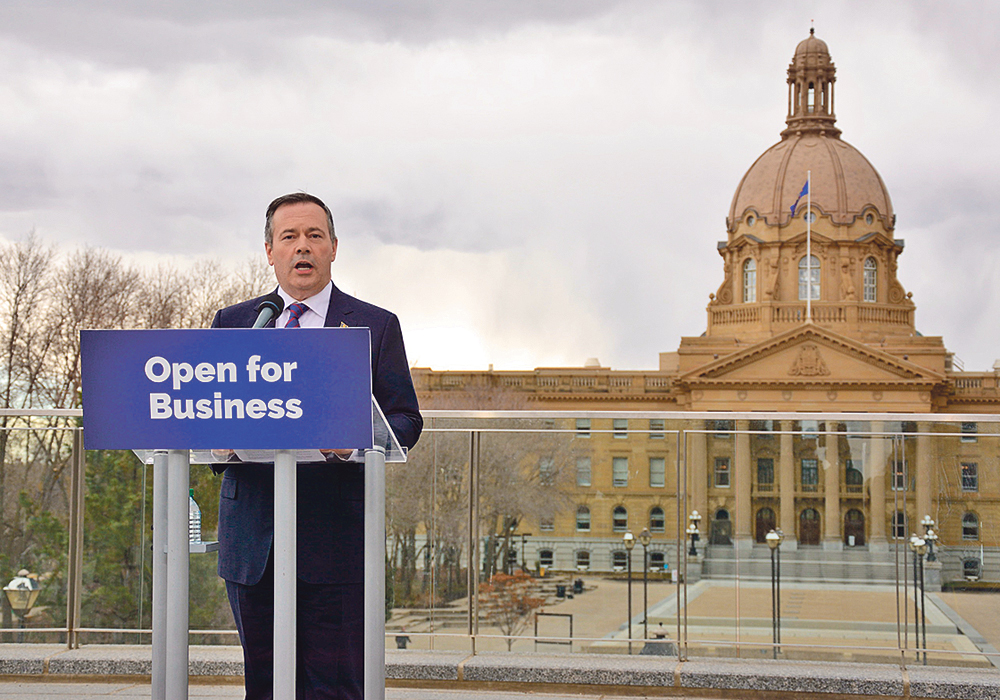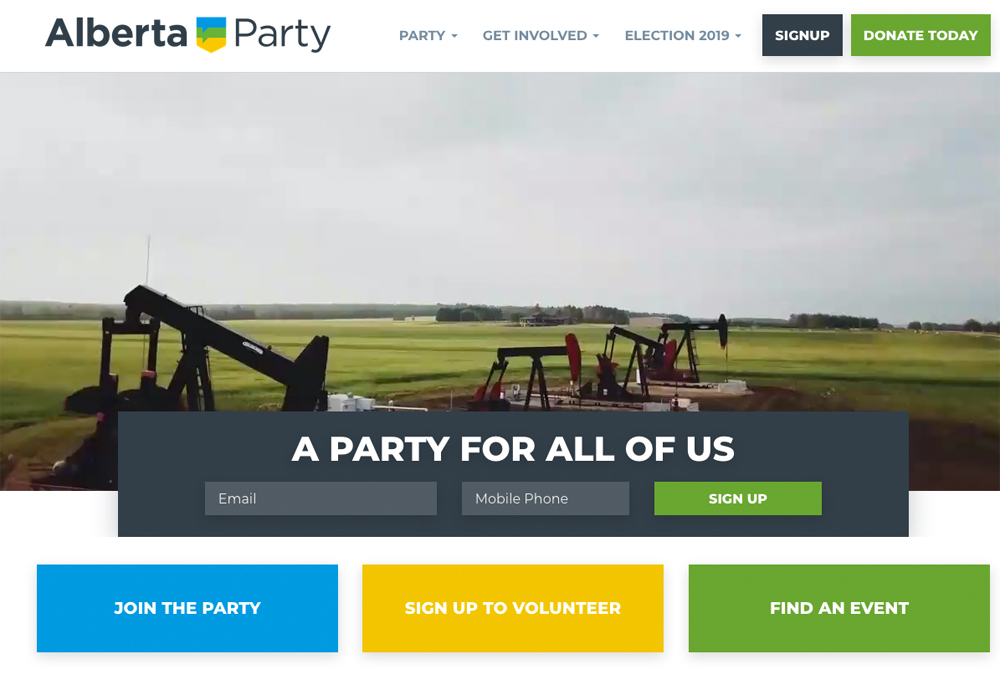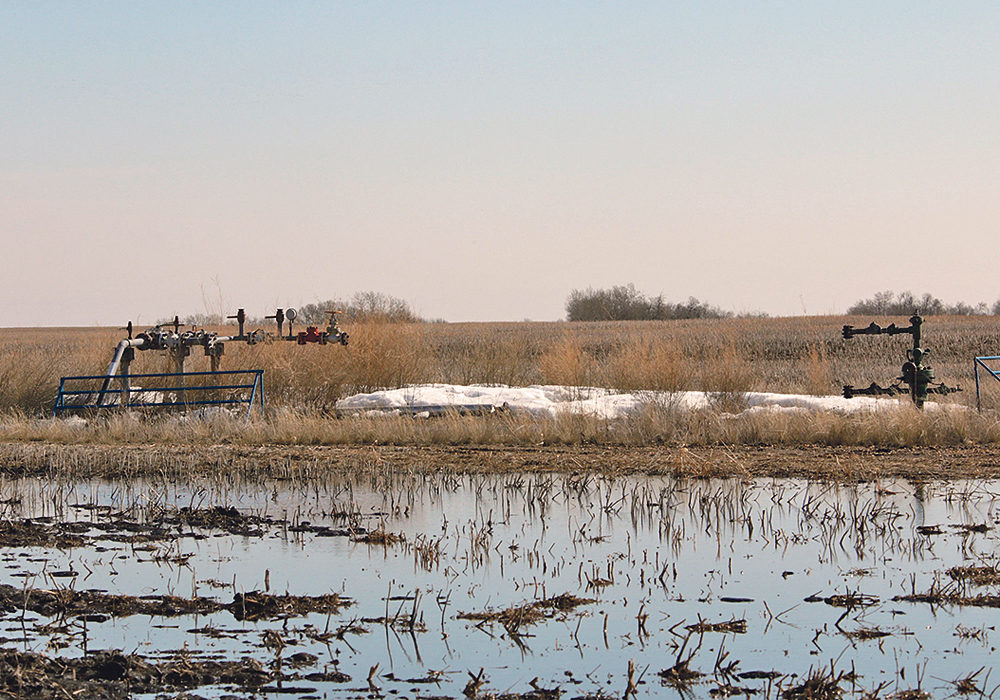Recent Alberta election polls suggest rural voters are divorcing their traditional Progressive Conservative political partners and taking up with Wildrose party candidates.
It is a shift that likely has its roots in accumulated PC government actions over the last 40 years, rather than one coherent Wildrose position, said University of Alberta political scientist Roger Epp.
He thinks rural Albertans haven’t envisioned a viable alternative until this election’s emergence of another small-c conservative party.
“Wildrose has the advantage of somehow capturing some of the public imagination and is still at the stage where people can project different things onto that party,” said Epp.
Read Also

VIDEO: Agritechnica Day 4: Robots and more robots, Nexat loves Canada and the trouble with tariffs
Agritechnica Day 4: Robots and more robots, Nexat loves Canada and the trouble with tariffs.
“Somehow, things seem to have reached a tipping point where it’s possible for people in rural Alberta to imagine voting for a candidate other than a candidate of the Progressive Conservatives.”
Agricultural issues have been absent from the campaign, as they usually are, but rural concern over PC land use bills and power line construction have resonated in the country.
Epp said Wildrose has been able to capitalize on that concern, regardless of whether the legislation is as potentially damaging to property rights as has been suggested.
Again, accumulated history may be working against the PCs in terms of large-scale development in Alberta and its priority in decision making.
Epp also notes that unlike the election that brought farmer Ed Stelmach to power, agriculture lacks a champion within the Alison Redford fold.
Voter turnout was below 50 percent in the last provincial election, and even less than that in many rural ridings.
“That’s been a sleeping giant in Alberta politics, and it’s waking up. We’ll see what direction it moves in,” said Epp.
History is not a predictor of the future, but Epp said Alberta has made past political changes on a major scale.
“There is a historic tendency in Alberta to want to clean the slate,” he said. “Every generation and a half they’re ready to consider some massive eruption and then go back to life as usual. I don’t know if they’re actually ready to do that,” though it’s a possibility.
Polls show the PC and Wildrose parties exchanging the lead, prompting pundits to speculate on a minority government.
Epp said that isn’t necessarily a bad thing, although Canadians seem to have convinced themselves such governments are suspect.
He said they can work, although it depends how much bad blood exists.
The outcome will be known April 23 and it is guaranteed to be interesting, Epp said.
If one thinks of Alberta in three parts — Calgary, Edmonton and the rest of the province — parties must traditionally win two of those three to hold office.



